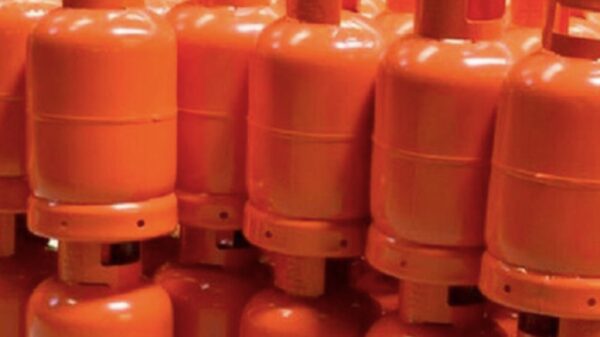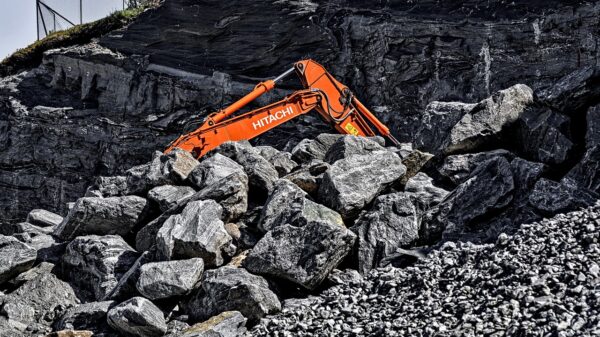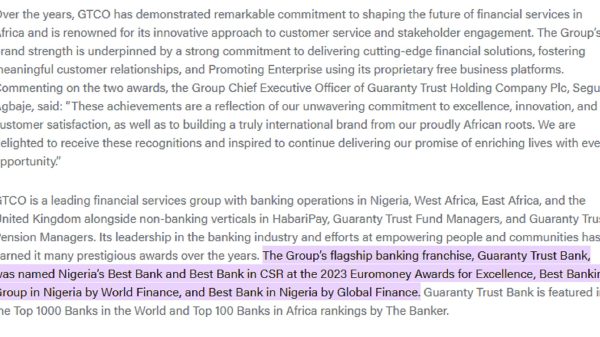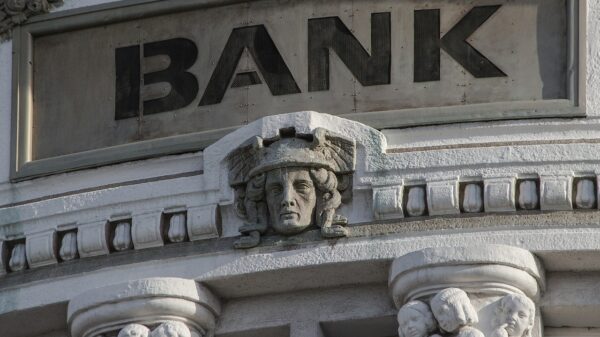The Abuja Chamber of Commerce and Industry (ACCI) has asked the Abuja Municipal Area Council (AMAC) to suspend the N100,000 levy imposed on bakeries and other businesses in the federal capital territory (FCT).
In a letter seen by TheCable, the Abuja Municipal Area Council (AMAC) had asked bakery operators within the area to pay N100,000 for a “gaseous emission permit”.
The council also warned that failure to comply with the directive is a “punishable offence” and could lead to the operator’s arrest and suspension of the bakery’s activities.
But in a statement on Thursday, Al-Mujtaba Abubakar, ACCI president, said imposing new levies despite the country’s high inflation rate will further increase the cost of doing business.
“We call on the leadership of Abuja Municipal Area Council as well as other government agencies to suspend the planned imposition of generator and equipment taxes, as this is inconsistent with the Federal Government’s programmes to create an attractive business climate for business owners,” the statement reads.
“Imposition of new taxes like the generator and equipment taxes will not only be an additional burden to be borne by business owners, it will accelerate the collapse of more businesses, deepen unemployment and further hike inflation rate in the country.
“This is clearly not in the best interest of the government and people of the country.”
ACCI said targeting bakeries and other businesses for generator and equipment taxes are a threat to food and national security.
“Bakery business across the country are under serious operational challenges due to high cost of raw materials, epileptic power supply and high cost of logistics which have necessitated the steady increase of prices of bread,” the statement further reads.
“Consequently, many bakeries have shut down operations.”
The chamber said it had written to President Muhammadu Buhari and other relevant authorities to harmonise taxes for small and medium enterprises (SMEs).
According to ACCI, it is the best way to stop the high rate of business failure, create jobs and boost the gross domestic product (GDP), as over 90 percent of Nigerian businesses are SMEs.


















































You must be logged in to post a comment Login